Rohingya Muslims fear deportation in India after dozens detained by police
Dozens of Rohingya Muslims, who had fled to India from death and violence in Myanmar, have been detained and facing possible deportation.
Media reports said Sunday that Indian police arrested more than 150 persecuted Rohingya refugees found living illegally in the northern region of Jammu and Kashmir and a process had begun to deport them back to Myanmar.
Dozens of Rohingya were now living in a makeshift "holding center" at Jammu's Hira Nagar jail after local authorities conducted biometric and other tests on hundreds of people to verify their identities.
"The drive is part of an exercise to trace foreigners living in Jammu without valid documents," an unnamed Indian police official was quoted as saying.
"We have started the process of deportation of these refugees," the official added.
The Rohingya living in Jammu said they were concerned about the weekend's detentions and the threat of deportation.
India's Hindu nationalist government regards the Rohingya Muslims a security risk, and has ordered that thousands of them living in scattered settlements be identified and repatriated.
Indian Prime Minister Narendra Modi's federal government also scrapped its disputed Muslim-majority region of Kashmir's special status in August 2019 and now administers the region from New Delhi.
Human Rights Watch (HRW) earlier this month urged the Indian government to provide refuge to dozens of Rohingya Muslim asylum seekers who had been adrift in the Andaman Sea for more than two weeks.
Presently more than 40000 registered Rohingya refugees live in India across four states and the community is currently under desperate conditions due to lack of food, water toilets and work. Some local NGOs are lending support but the community felt safe till the hate campaign took over India a year ago with anti-Muslim sentiments running high.
The Rohingya Muslims staying in India have said conditions are not conducive for them to return to Myanmar after fleeing violence and persecution over the years.
Described by UN Secretary-General Antonio Guterres as “one of, if not the, most discriminated people in the world,” the Rohingya are a Muslim minority in predominantly Buddhist Myanmar.
However, Myanmar does not recognize the Rohingya as an ethnic group in the country and considers them Bangladeshi refugees.
A deadly crackdown in 2017 by Myanmar's army on Rohingya Muslims sent hundreds of thousands fleeing across the border into Bangladesh.
Many have risked perilous journeys in the hope of reaching Malaysia and Indonesia by unseaworthy boats.
Hamas blasts Western media for blindly defending false Israeli narrative
ElBaradei condemns US threats of military action against Iran
‘No two-hour war’: Iran vows immediate retaliation to any attack
VIDEO | US warmongering threatens stability
Pezeshkian: US must end provocations if it seeks genuine diplomacy
Iran summons German ambassador over Merz’s ‘low-minded’ remarks
Iran's Armed Forces warn EU of ‘consequences’ of IRGC designation
Iran FM: EU’s blacklisting of IRGC a ‘major strategic mistake’




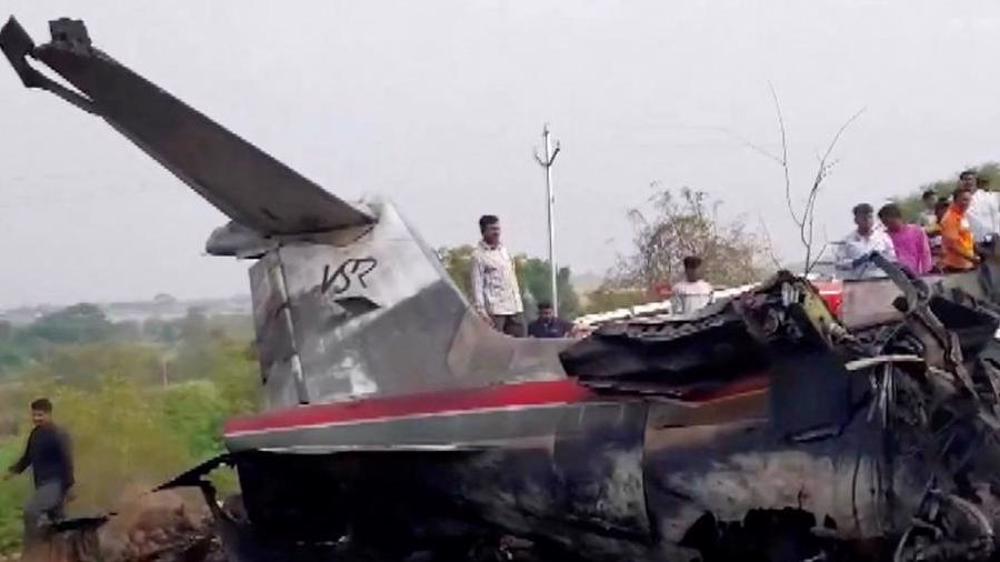




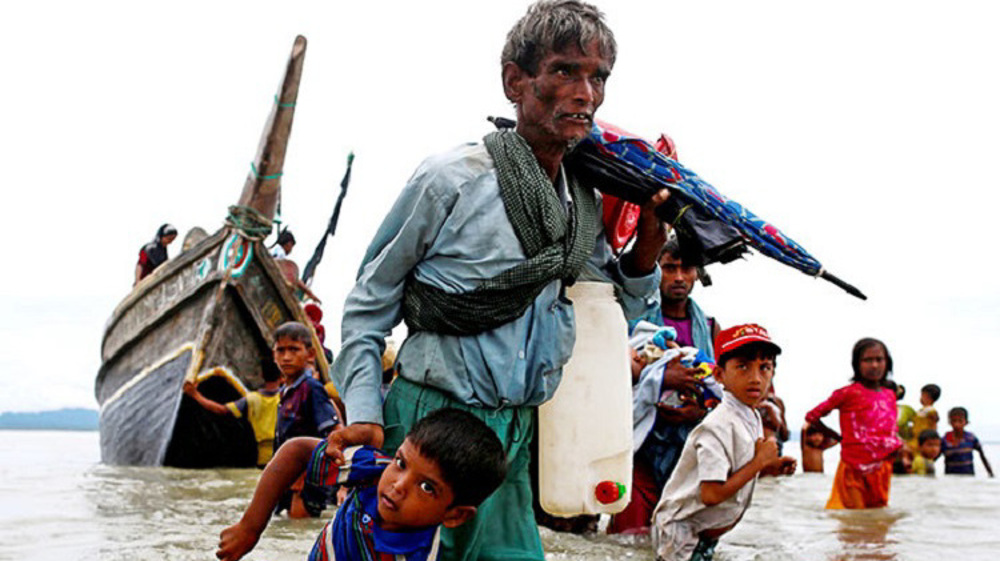
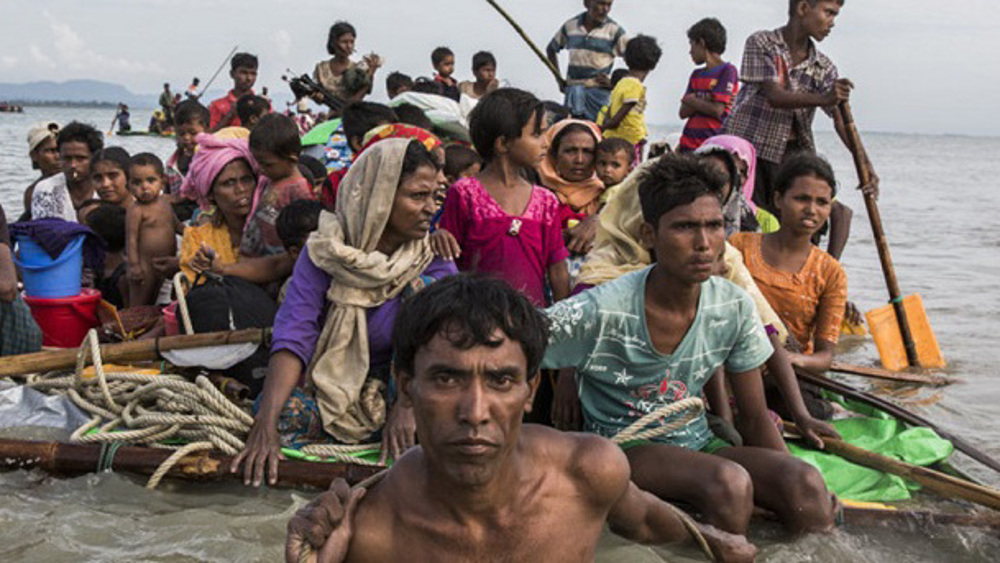
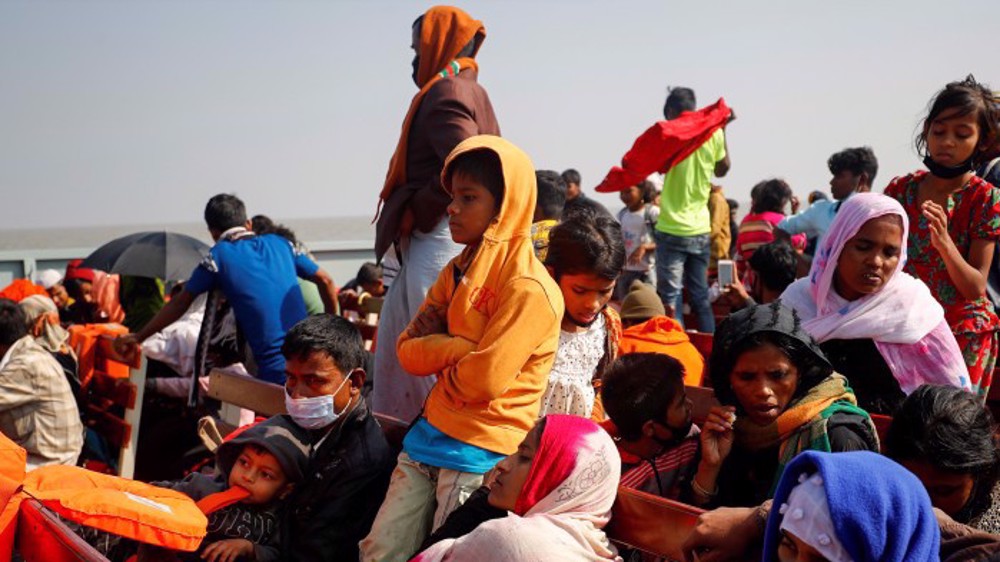

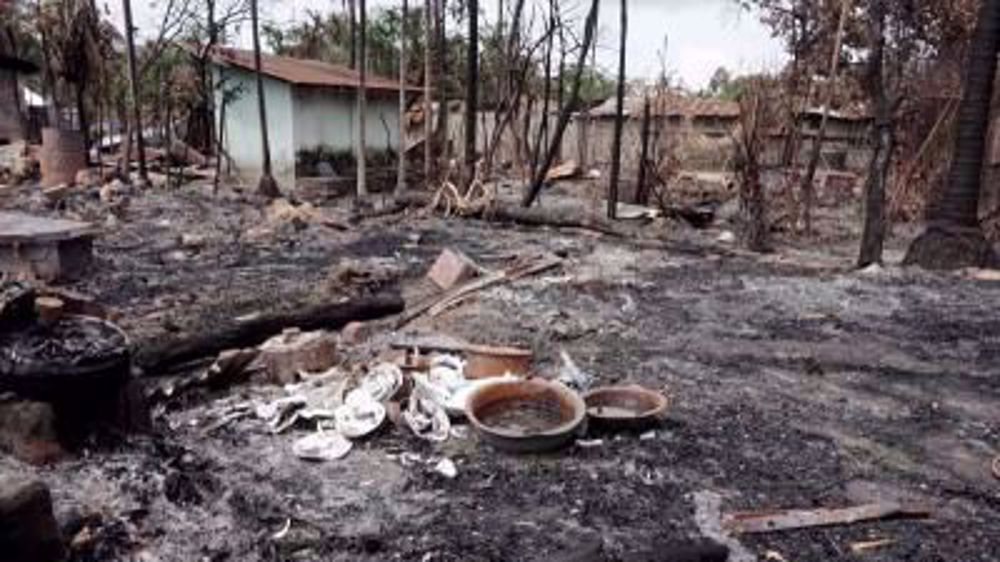
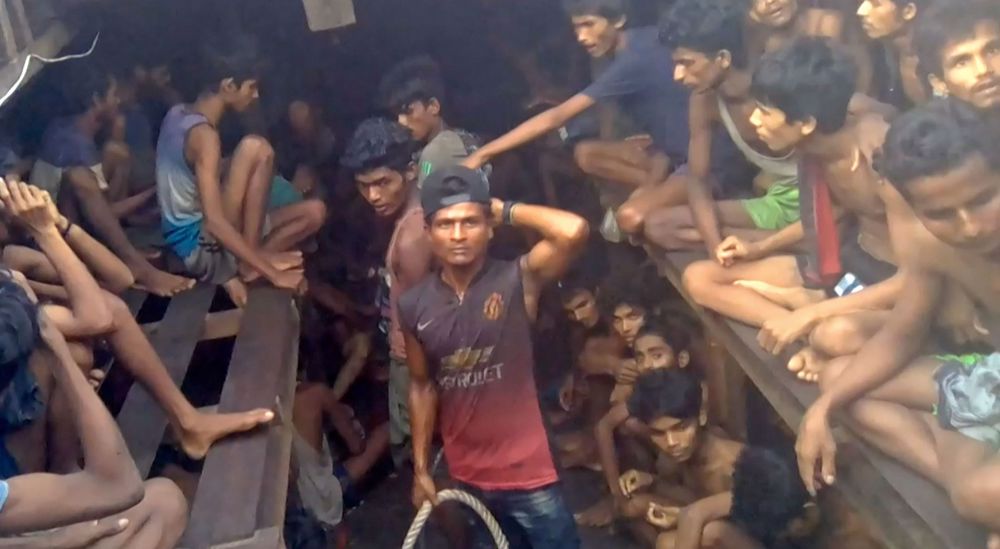

 This makes it easy to access the Press TV website
This makes it easy to access the Press TV website